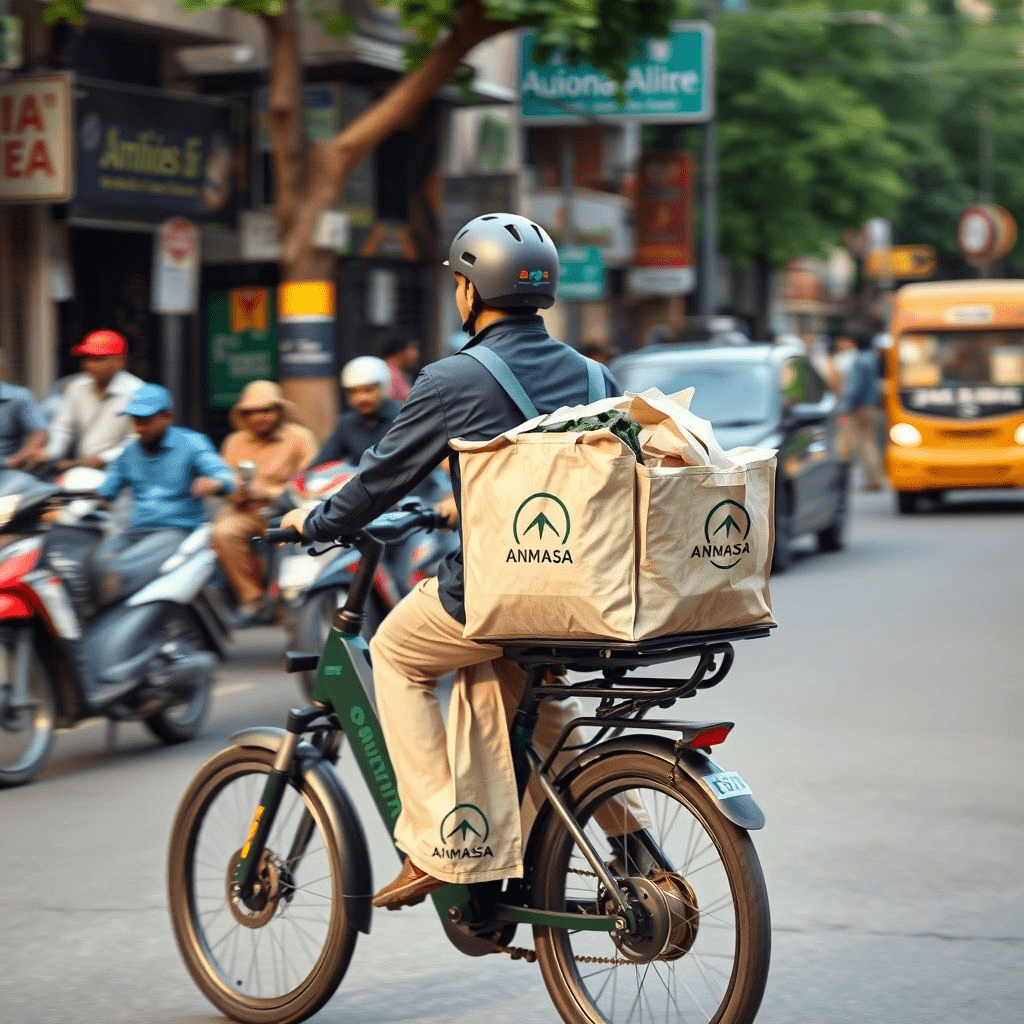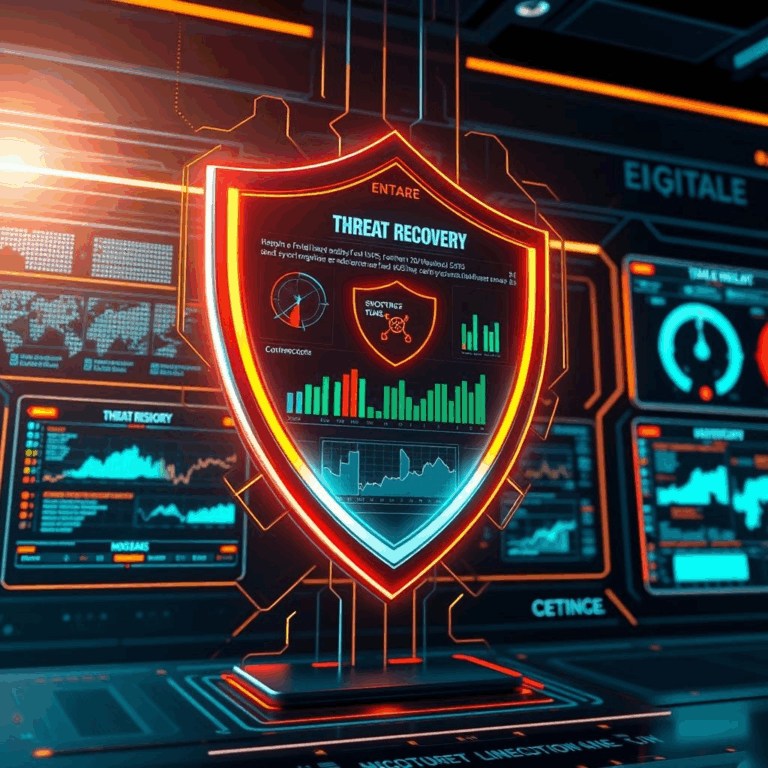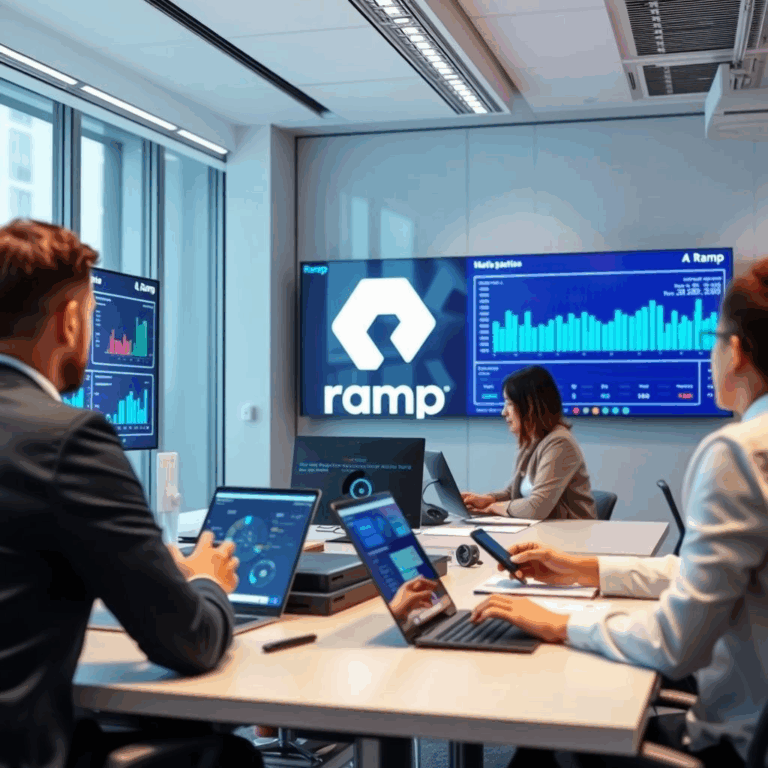Introduction
India’s rapidly evolving online grocery market has added a fresh player to the mix: Anmasa, a D2C grocery startup, has successfully raised $1.1 million in pre-seed funding to expand its operations. Announced on August 27, 2025, the funding round highlights growing investor confidence in technology-led grocery delivery models, especially in India’s urban centers where demand for quick commerce is booming.
While quick commerce players like Zepto, Blinkit, and Swiggy Instamart dominate headlines, Anmasa is carving its own path by focusing on sustainability, transparency, and AI-driven logistics—elements that could give it a strong competitive edge in the crowded market.
India’s Grocery Market: A Digital Transformation in Motion
India’s $600 billion grocery market is undergoing massive digital disruption. Fueled by increasing smartphone penetration, UPI adoption, and urban lifestyle changes, consumers are demanding fast, reliable, and affordable grocery deliveries.
- A 2025 RedSeer report projects that India’s online grocery market will cross $40 billion by 2030.
- Quick commerce penetration in urban India has surged 300% in the last three years, reshaping how consumers shop for daily essentials.
- Tier-2 and Tier-3 cities are emerging as the next growth hubs, with rising disposable incomes and younger demographics driving demand.
Amid this boom, D2C grocery startups like Anmasa are seen as the next wave of disruptors, offering curated experiences and direct sourcing models to challenge incumbents.
Anmasa’s Unique Business Model
Unlike aggregator platforms that act as intermediaries between customers and retailers, Anmasa operates as a D2C grocery startup—sourcing products directly from farmers, wholesalers, and local suppliers. This model reduces costs, improves margins, and allows for better quality control.
Key pillars of Anmasa’s model include:
- Micro-Fulfillment Centers (MFCs):
Small warehouses strategically placed within cities for faster last-mile delivery. - 90-Minute Delivery Promise:
Customers in Delhi NCR can expect groceries within 90 minutes, bridging the gap between instant delivery and bulk online orders. - Curated Product Selection:
Unlike large aggregators, Anmasa focuses on curated essentials—fresh produce, grains, dairy, and household staples—reducing operational complexity. - AI-Driven Demand Forecasting:
Proprietary algorithms predict buying patterns to minimize waste, optimize stocking, and improve efficiency. - Sustainability Focus:
Deliveries are executed via electric vehicles and eco-friendly packaging, aligning with India’s green commerce movement.
The $1.1 Million Pre-Seed Round
The funding round was led by a group of angel investors and early-stage VCs focused on consumer tech and logistics innovation. While investor names were undisclosed, industry sources suggest participation from micro-VC firms specializing in D2C and quick commerce.
Funds will be allocated to:
- Expanding fulfillment centers across Delhi NCR.
- Hiring supply chain engineers and AI specialists.
- Enhancing the mobile app with personalization features.
- Running marketing campaigns to build brand recognition among urban millennials.
Co-founder Arjun Mehta described the round as a “validation of Anmasa’s tech-first approach”, emphasizing that speed and reliability are just as critical as affordability in India’s competitive grocery sector.
Expert Reactions and Market Context
Industry observers are cautiously optimistic about Anmasa’s prospects.
📌 Retail Tech Consultant Ritu Sharma noted:
“Anmasa’s direct-to-consumer approach cuts unnecessary costs and builds trust. If executed properly, this model can deliver both efficiency and customer loyalty.”
📌 Venture Analyst Pranav Desai added:
“The Indian grocery market is cutthroat. Players like Blinkit and Zepto have brand recognition, but Anmasa’s smaller size may actually work in its favor—allowing them to pivot quickly and serve underserved markets.”
Experts also see Anmasa’s sustainability focus as a differentiator, given India’s increasing emphasis on green supply chains.
Competition Landscape
Anmasa will compete directly with:
- Zepto – Known for 10-minute delivery but criticized for sustainability issues.
- Blinkit (Zomato-owned) – Dominates Tier-1 markets with aggressive discounting.
- BigBasket (Tata-owned) – Strong in bulk orders but less agile in quick commerce.
- Swiggy Instamart – Leverages Swiggy’s food delivery infrastructure.
While incumbents battle on speed and discounts, Anmasa aims to differentiate through quality, personalization, and trust—a strategy appealing to young professionals and nuclear families.
Challenges Facing Anmasa
- Thin Margins: Grocery delivery margins are notoriously slim, and customer acquisition costs are high.
- Operational Scalability: Expanding micro-fulfillment centers requires capital and precision.
- Customer Retention: In a discount-driven market, retaining loyal customers without deep pockets is a challenge.
- Competition Pressure: Larger players could copy Anmasa’s model if it proves successful.
Despite these challenges, Anmasa’s lean operations and focused rollout could help mitigate early risks.
Growth Plans and Future Roadmap
With fresh capital, Anmasa has mapped out an ambitious growth strategy:
- Tier-2 City Expansion: Move into markets like Jaipur, Lucknow, and Chandigarh where quick commerce is underserved.
- Subscription Models: Launch weekly/monthly grocery baskets with discounts to ensure repeat business.
- Private Labels: Introduce in-house branded staples and organic products to increase margins.
- Kirana Partnerships: Collaborate with local mom-and-pop stores for last-mile distribution.
- AI Personalization: Recommend grocery baskets based on customer history, dietary preferences, and seasonality.
By blending technology with hyperlocal execution, Anmasa hopes to capture a loyal consumer base.
Industry Outlook: The Bigger Picture
The D2C grocery startup space in India is expected to witness rapid consolidation in the next 3–5 years. Experts predict:
- More mergers & acquisitions as bigger players absorb niche startups.
- Green logistics adoption to reduce carbon footprint.
- Rise of subscription commerce as urban consumers prefer predictability.
- AI & automation in warehousing for efficiency gains.
If Anmasa can survive the early capital crunch and establish a strong brand identity, it could emerge as one of the “new-age grocery unicorns” in India’s D2C landscape.
Conclusion
Anmasa’s $1.1 million pre-seed funding represents more than just capital—it’s a vote of confidence in the future of D2C grocery startups in India. By focusing on quality, technology, and sustainability, Anmasa has the potential to not only survive but thrive in one of the world’s toughest consumer markets.
As the grocery delivery wars heat up, Anmasa’s success will hinge on its ability to balance growth with profitability, while continuing to win consumer trust through speed, reliability, and innovation.







